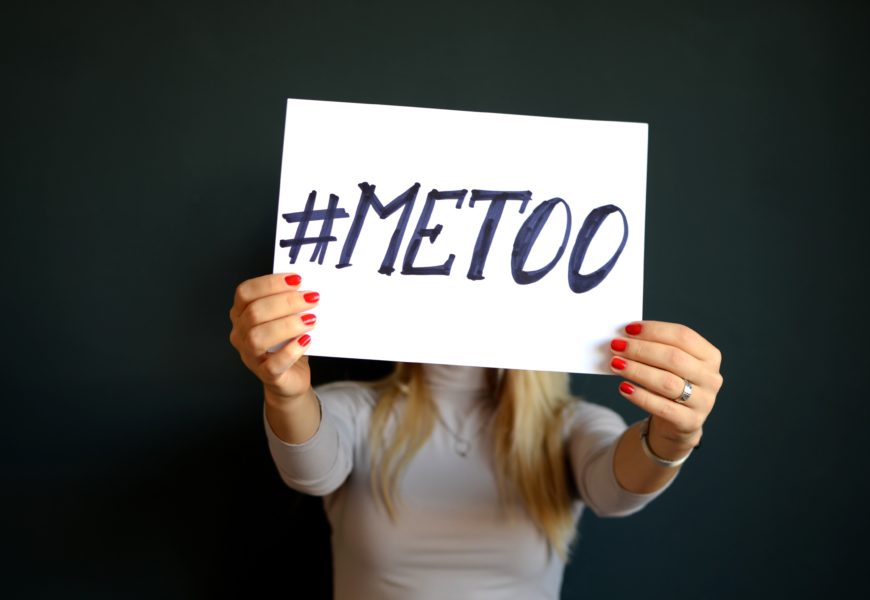Throughout my first year and a half at Conn, I genuinely felt like every other eclectic individual I met was asking me whether or not I’d seen this show, Rick and Morty. From the gangly, sleepy-eyed, effortlessly cool junior who lived in Larrabee my sophomore year to my philosophical, four-eyed, botany-inclined companion who frequented Harkness patio to do organic chemistry; this show had a cult following that was rapidly transitioning into a mainstream obsession. Although the show has achieved a high level of success and popularity, it has not proven to be immune to controversy or justifiable criticism against one of the show’s creators, Dan Harmon.
I attribute my own initial obsession with the show to the no-holds-barred raunchy comedy, nonsensical and flawed side kicks, and outrageous interdimensional adventures. However, I am more intrigued by what has made this show so wildly popular to the general public and induced riots at unsuspecting McDonald’s franchises over a speciality dipping sauce than the reasons I love it. I won’t get into the szechuan sauce disaster too much here, but the limited edition dipping sauce was featured in the first episode of Season 3. Under a significant amount of pressure and demand from Rick and Morty fans, the sauce was reintroduced for one day at select McDonald’s franchises. The sauce quickly ran out at one of the restaurants where it was available and a mild form of pandemonium ensued (but that could be an article all on its own).
Is it the melodramatic subplots that seem to always grapple with the fleeting nature of human existence and the search for meaning that make the show so popular? Maybe it’s the fact that people genuinely appreciate the image of a dysfunctional, imperfect family in which no one—not even the kids—are sheltered from the cynical reality that you’re no more special than anyone else on a rock floating through space that simply happens to possess the perfect conditions for carbon based life forms to thrive. Maybe it’s the complicated familial dynamic among Jerry, Beth, Morty, Summer, and Rick that resonates deeply with your average person; viewers understand that being in a family takes work, sacrifice, trust, and support. Further, it could be the fact that the jokes and characters are so absurd and unique to the show that it effectively stands out amongst an overwhelming field of competing programs.
I think it is very likely and perhaps plausible that the obsession with the show is a confusing combination of all the previously mentioned characteristics. I don’t think it should be understated that the show taps into some seriously heavy, dark, visceral themes mostly around the meaning of life, happiness, and mortality. There are few shows that can successfully combine the absurd and nonsensical with the relatable and cynical. Rick and Morty does this to great effect. Moving forward, it is unclear whether or not the show can replicate its past successes or even maintain the same core group of creators and writers. The show’s future has been sitting in a relatively precarious position ever since early January.
With shows like Rick and Morty, it’s not only the zany characters that get attention, but the show’s creators as well. Dan Harmon, one of those creators, had considerable success on the program Community before co-creating Rick and Morty for Adultswim with Justin Roiland. It is hard to deny the show’s popularity and loyal following, but as the #MeToo movement has swept through the entertainment industry, the public has come to understand a grimmer reality behind the lives of some of Hollywood’s biggest names and budding stars.
Several weeks ago, a former Community writer named Megan Ganz implicated Dan Harmon in the #MeToo movement when she publicly announced on Twitter the sexual harassment and toxic working environment she experienced while working on the show. Ganz, challenged Harmon to own up to his indiscretions and his self-described “ass-hole behavior” which unsurprisingly consisted of more than just being a challenging person with which to work.
Harmon, in his lengthy apology on his podcast, “Harmontown” described the ways in which he misused and abused his influence and position during the production process of Community. This meant putting Ganz in oftentimes impossible and agonizing positions with the inappropriate and unacceptable ways that he acted towards her in the context of a boss-employee relationship. Importantly, Harmon’s apology showed a level of detail and reflection that has all too often been missing from men who have been found guilty of similar actions.
On Twitter, Ganz voiced her approval for Harmon’s apology when she noted, “I didn’t expect the relief I’d feel just hearing him say these things actually happened. I didn’t dream it. I’m not crazy.” In a subsequent tweet she says, “this was never about vengeance: it’s about vindication. That’s why it didn’t feel right just to accept his apology in private.” The fact that this case stands out as much as it does is indicative of the tragedy that is not only the rampant sexual harassment and assault that occurs in the entertainment industry and the world-at-large, but also the failure of so many accused and charged to make any successful attempt at reparations, remorse, closure, or healing. It is all too rare to see the individual in question take full responsibility, own up to their actions, and communicate their shame not only to the victim, but the general public as well. It remains to be seen how this revelation will affect the so far smashing success of Rick and Morty. It would not be the first time when people are forced to rethink their affinity for certain TV programs when their biggest stars, creative minds, or writers turn out to be far less than the infallible geniuses that we sometimes make them out to be.










